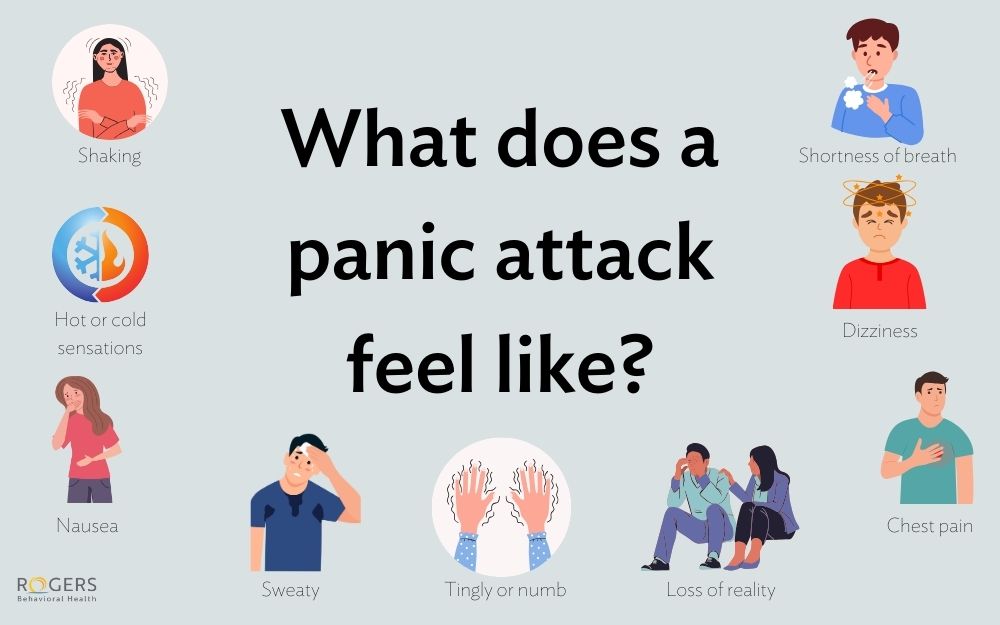Youth sports, weight restrictions, and eating disorders
Posted on 11/05/20 10:45:am
Share this article:
Youth sports can offer excellent benefits for kids, including the chance to make friends and socialize, build teamwork skills, and participate in physical activity. In some cases, though, they can experience such an intense pressure to succeed that they experience negative views and behaviors around weight, food, and nutrition.
“While a desire to do well in a sport is a normal, healthy part of adolescent development, it can reach an extreme level in some kids when it contributes to the development of an eating disorder or worsening symptoms,” says Nicholas R. Farrell, PhD, clinical director of Rogers Behavioral Health’s Oconomowoc campus and eating disorders services. “We see this especially in kids who are pursuing sports that emphasize an ‘ideal’ weight or body type as a means of increasing success.”
When the desire to succeed becomes abnormally intense, it can lead kids to become preoccupied with their weight and physique. One particular example is youth wrestlers who may be encouraged to drop weight so they can compete in a lower weight class. Methods such as reducing caloric intake, compulsive exercising, self-induced vomiting, and purposeful dehydration may seem temporarily “effective” in decreasing weight, but often contribute to serious eating disorders.
These eating-related problems can occur in other sports as well, such as ballet, gymnastics, figure skating, swimming, and long-distance running. “It’s important for coaches, trainers, and other athletic personnel to encourage and model healthy eating habits, which involves meeting your body’s energy needs and allowing for a wide variety of different foods,” says Farrell. “Additionally, athletic mentors can actively discourage the stereotype that a certain weight or body type is necessary for success.”
If a sport is having a negative impact on the health, sleep, education, and eating habits of a child, then it’s time to consider whether they’re overwhelmed. Parents should actively listen to their children and pay attention for:
- Increased discussion about weight limits or goals
- Changing habits
- Obsessing with weight check-ins regarding particular measurements
- Exercising outside of practice, especially if they try to hide it
If parents do notice some of these negative behaviors or warning signs, they can:
- Talk with your child so they know they can openly communicate with
you. Tell them that health and athletic ability don’t equate to
thinness, numbers on a scale, or fat percentage content. - Have regular family meals at home. This can help you safely monitor
your child’s eating habits and notice concerning patterns, such as
frequent bathroom usage immediately following a meal. - Call your primary health care provider and schedule an appointment if needed.
If you have concerns that your child may have an eating disorder, you can call Rogers at 800-767-4411 or submit a form online for a free, confidential screening and for more information on our specialized programs.
If you do not feel your child needs treatment right away, but may be concerned, we offer online quizzes to possibly provide some relief. While these quizzes do not provide a diagnosis, it could be the first step in finding the treatment you may need. Take our online Eating Disorder Quiz today.



